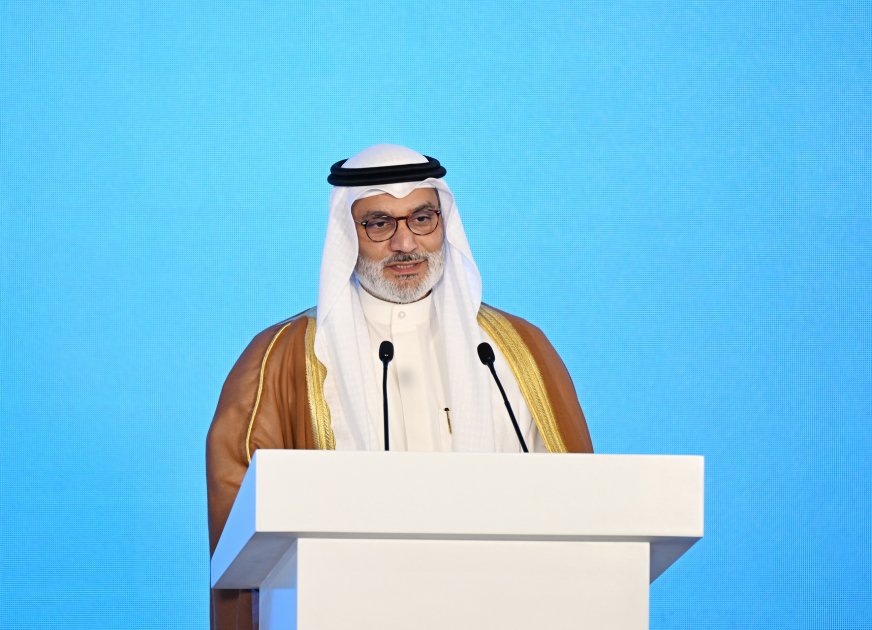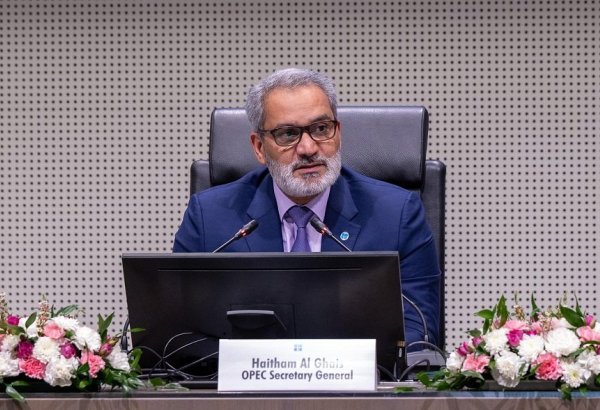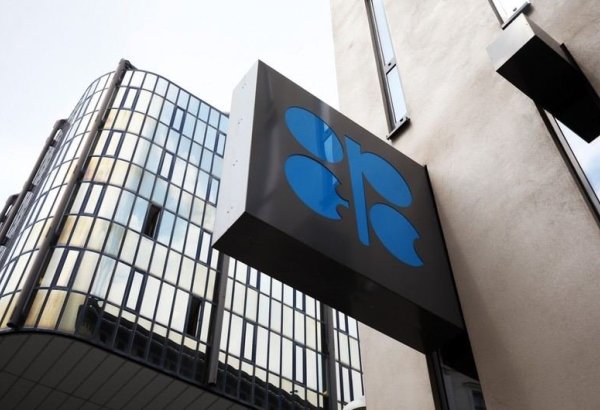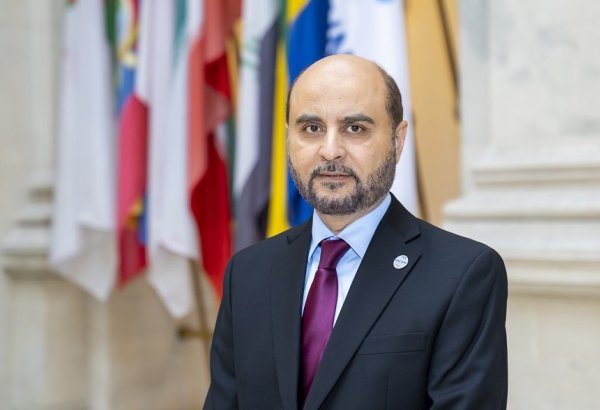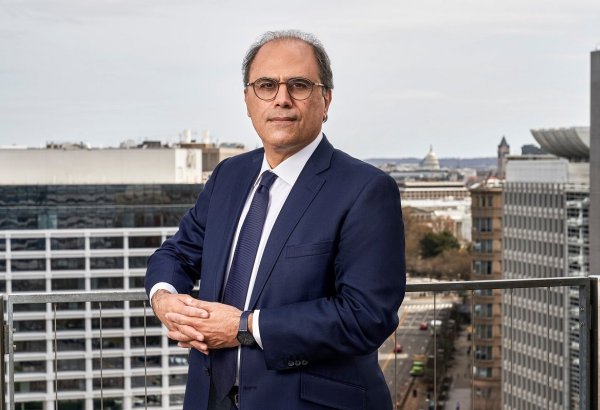BAKU, Azerbaijan, January 13. OPEC Secretary General Haitham Al Ghais emphasized the critical need for investment in the global oil industry, projecting a total requirement of $17.4 trillion by 2050, or nearly $650 billion annually, TurkicWorld reports.
Despite ongoing debates about the potential peak of oil demand, Al Ghais pointed out that global oil consumption continues to rise year after year.
"Today, global oil consumption is rising year-on-year, and the petroleum products derived from it continue to provide immense benefits to billions," Al Ghais noted in his recent article. "Without them, cars, buses, trucks, and lorries would be stranded, airplanes would be grounded, the construction sector would all but grind to a halt, food production would be devastated, and health products such as medical syringes, hand sanitizers, artificial heart valves, resuscitation masks and stethoscopes would be difficult to produce."
Despite reports suggesting that peak oil demand is imminent, OPEC sees the continued need for substantial investment in the oil sector to support global energy needs, especially with the population growing and economies expanding in developing regions. "It means we need investment, investment and more investment," Al Ghais asserted.
While OPEC acknowledges the growing role of renewable energy sources, including wind and solar, the Secretary General reiterated that renewables alone cannot meet global energy demands. "We need to appreciate that the development of renewables requires other energy sources," he stated. "Oil products, such as fibreglass, resin and plastic, are used in wind turbines, and ethylene is used in the production of solar panels. Oil is vital to the mining vehicles that are necessary to extract critical minerals upon which the production of renewables depends."
Al Ghais also stressed that the infrastructure for wind farms would not exist without steel, which ultimately ties back to the importance of coal in the broader energy mix. "Renewables are only a part of the future energy jigsaw," he concluded, underscoring the ongoing relevance of oil in the transition to a more diverse and sustainable energy landscape.








